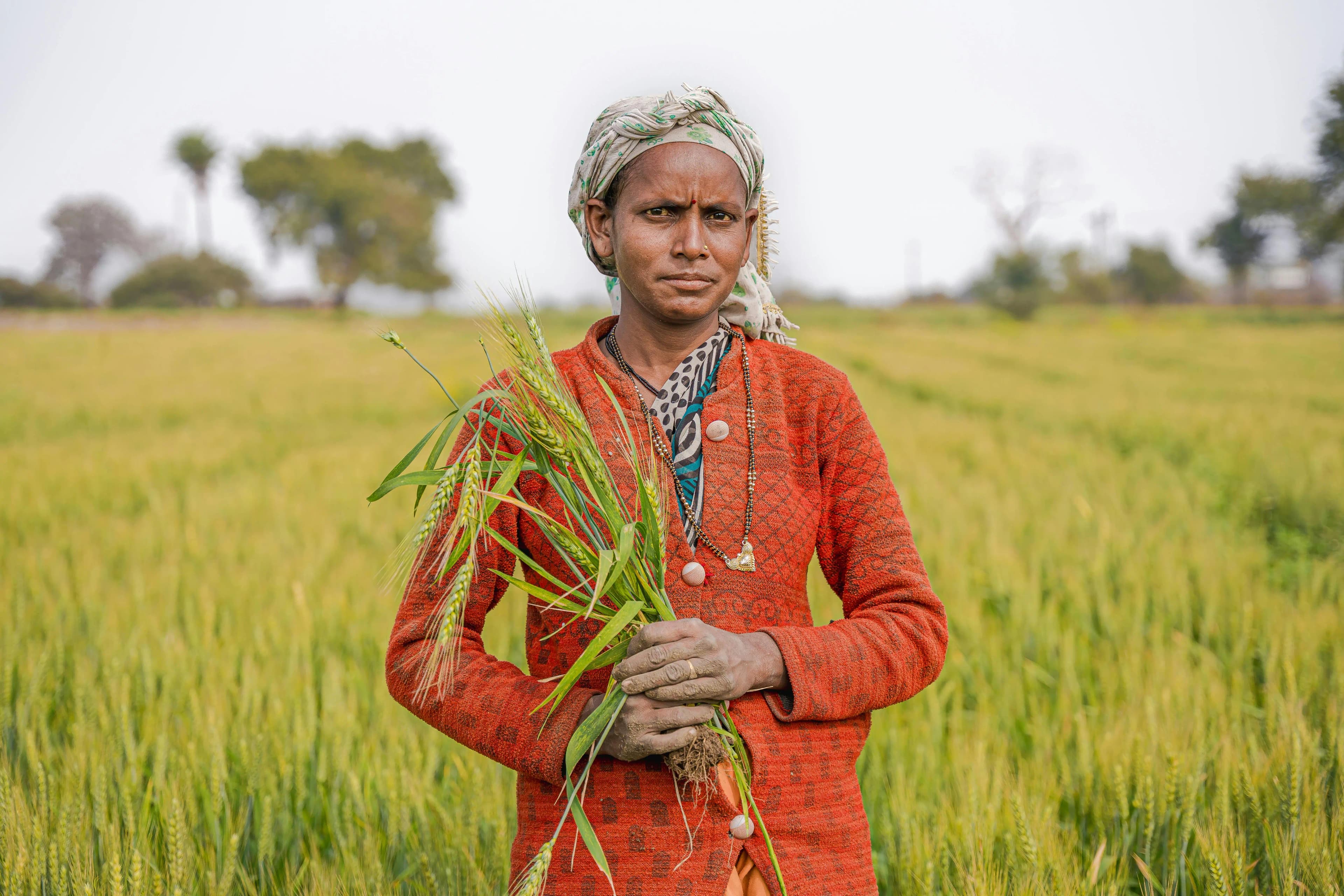Sustainable agriculture uses diverse resources to meet human needs while maximizing production, minimizing resource depletion, and maintaining a safe environment. Practices like organic farming, crop rotation, using natural fertilizers, and conserving water are integral. The goal is to produce food sustainably, preserving soil health and promoting biodiversity—a win-win for both farmers and the planet.
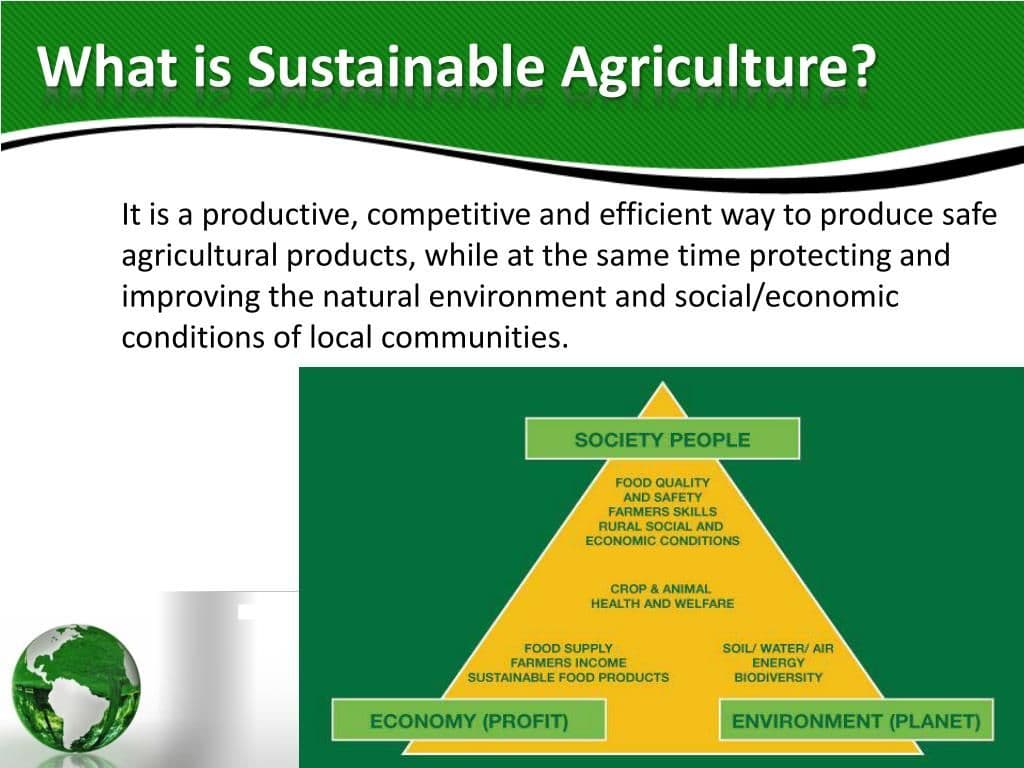
Why Do We Need Sustainable Agriculture?
Environmental concerns are central to many issues in agriculture today. If left unchecked, these problems can affect social and economic spheres.
Environmental Benefits
Sustainable agriculture is an eco-friendly approach that reduces reliance on limited natural resources. Techniques like crop rotation, intercropping, and companion planting protect soil health and water quality, eliminating the need for harmful practices.
Economic Benefits
Sustainability in agriculture can strengthen local economies and create opportunities for small-scale farmers, enabling them to produce more with fewer resources. It also offers financial advantages over conventional farming, particularly during natural disasters like droughts and floods, which can significantly impact traditional farming yields.
Social Benefits
Sustainable agriculture encourages social equity, creating a more equitable food system. Sustainable production methods lead to reliable and adaptable harvests, ensuring consistent access to affordable food for everyone, regardless of economic status.
How to Implement Sustainable Agriculture
Sustainable agriculture practices can be adopted on any scale to reduce environmental impact. Here are key steps to get started:
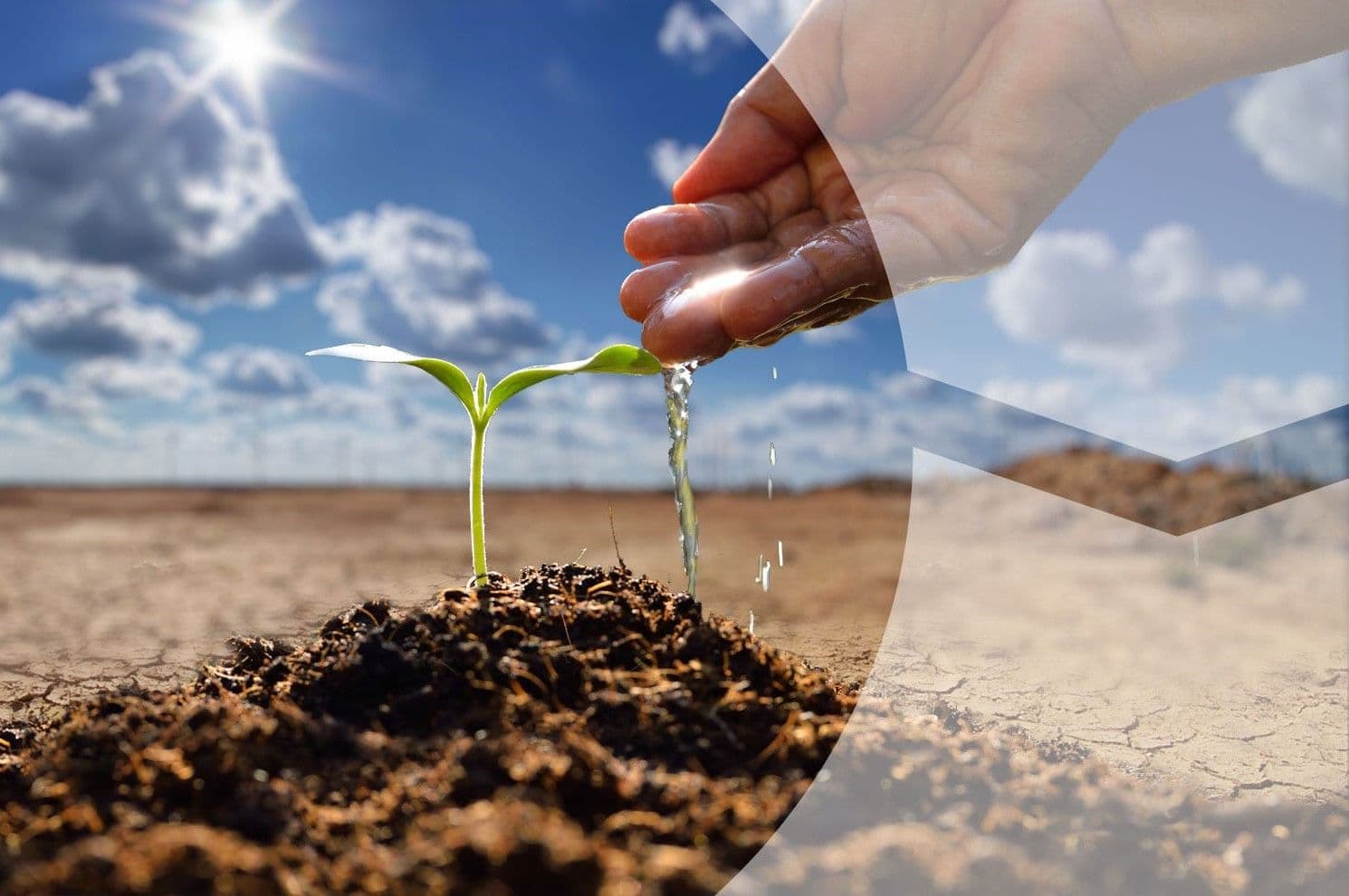
Conservation and Soil Management
Use techniques like crop rotation, cover cropping, and minimal tillage to improve soil health, reduce erosion, and retain moisture.
Water Conservation
Implement efficient irrigation systems, collect rainwater, and use water-saving techniques like drip irrigation to minimize water usage.
Organic Farming
Reduce or eliminate synthetic fertilizers, pesticides, and GMOs. Instead, focus on natural fertilizers, biological pest control, and organic certification.
Biodiversity Promotion
Encourage the diversity of plant and animal species on your farm by preserving natural habitats, planting hedgerows, and creating wildlife-friendly areas.
Energy Efficiency
Use renewable energy sources like solar panels or wind turbines to power farm operations and reduce greenhouse gas emissions.
How Can Agriculture Become More Sustainable?
Agriculture can become more sustainable by adopting practices such as organic farming, crop rotation, water conservation, soil protection, promoting biodiversity, reducing waste, and supporting local and regenerative farming.
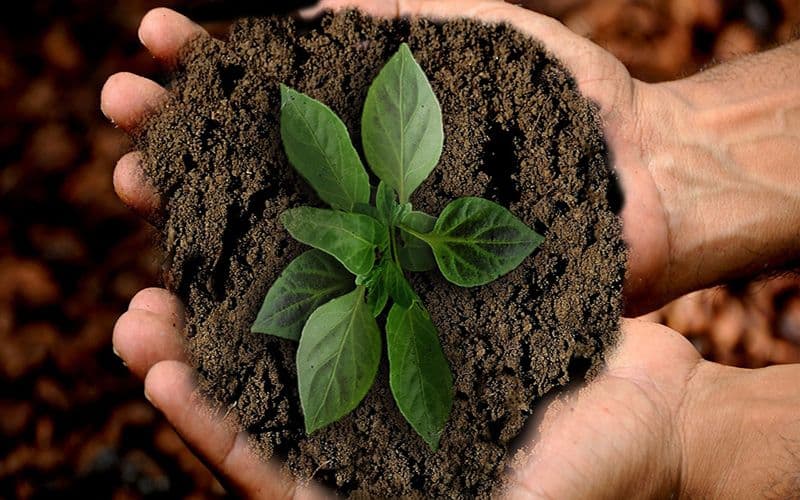
Introducing More Sustainable Farming Methods
Introducing more sustainable farming methods is crucial for the planet's long-term health. Practices like organic farming, crop rotation, and water conservation reduce reliance on synthetic chemicals, improve soil quality, and minimize water usage. Embracing agroforestry and biodiversity promotion creates a balanced farm ecosystem, working with nature rather than against it.
Embracing Traditional Farming Techniques
Embracing traditional farming methods connects us with our agricultural heritage. Traditional techniques often focus on sustainable practices passed down through generations. By incorporating crop diversity, natural fertilizers, and manual labor, we can preserve cultural heritage while promoting sustainable farming. It's a beautiful way to honor the past and create a sustainable future.
Examples of Sustainable Agriculture in India
India is a land of diverse agricultural practices, with many farmers embracing sustainable methods. In Sikkim, the state government has fully transitioned to organic farming, becoming India’s first organic state. Similarly, in Andhra Pradesh, the Zero Budget Natural Farming (ZBNF) initiative promotes chemical-free agriculture, benefiting over 500,000 farmers. These examples highlight the potential of sustainable agriculture in creating a greener and more prosperous future for India.
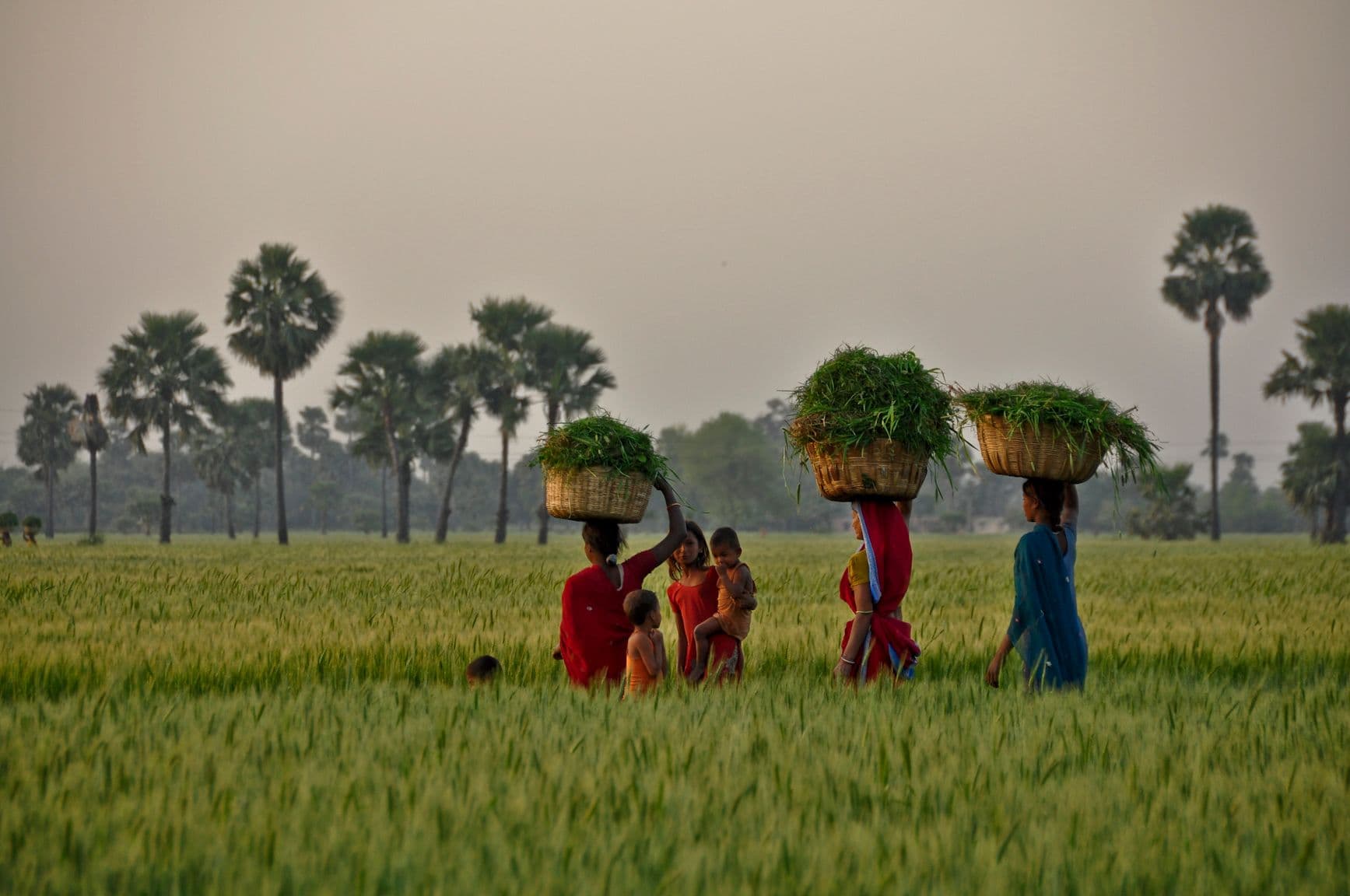
The Future of Sustainable Agriculture
The future of sustainable agriculture looks promising as more farmers, communities, and governments recognize its importance. By adopting sustainable practices, we can ensure food security, protect natural resources, and create a more equitable food system for future generations. Sustainable agriculture is not just a necessity but a path to a greener and healthier world.
References
"Sikkim - India's First Organic State." Government of Sikkim. source "Zero Budget Natural Farming in Andhra Pradesh." ZBNF India. source "Benefits of Sustainable Agriculture." Sustainable Agriculture Research & Education (SARE). source "Environmental Benefits of Sustainable Agriculture." The Nature Conservancy. source "Economic Benefits of Sustainable Agriculture." Food and Agriculture Organization (FAO). source "Social Benefits of Sustainable Agriculture." World Resources Institute. source
By incorporating these practices and learning from successful examples, we can move towards a more sustainable and resilient agricultural system, ensuring a healthier planet for future generations.
